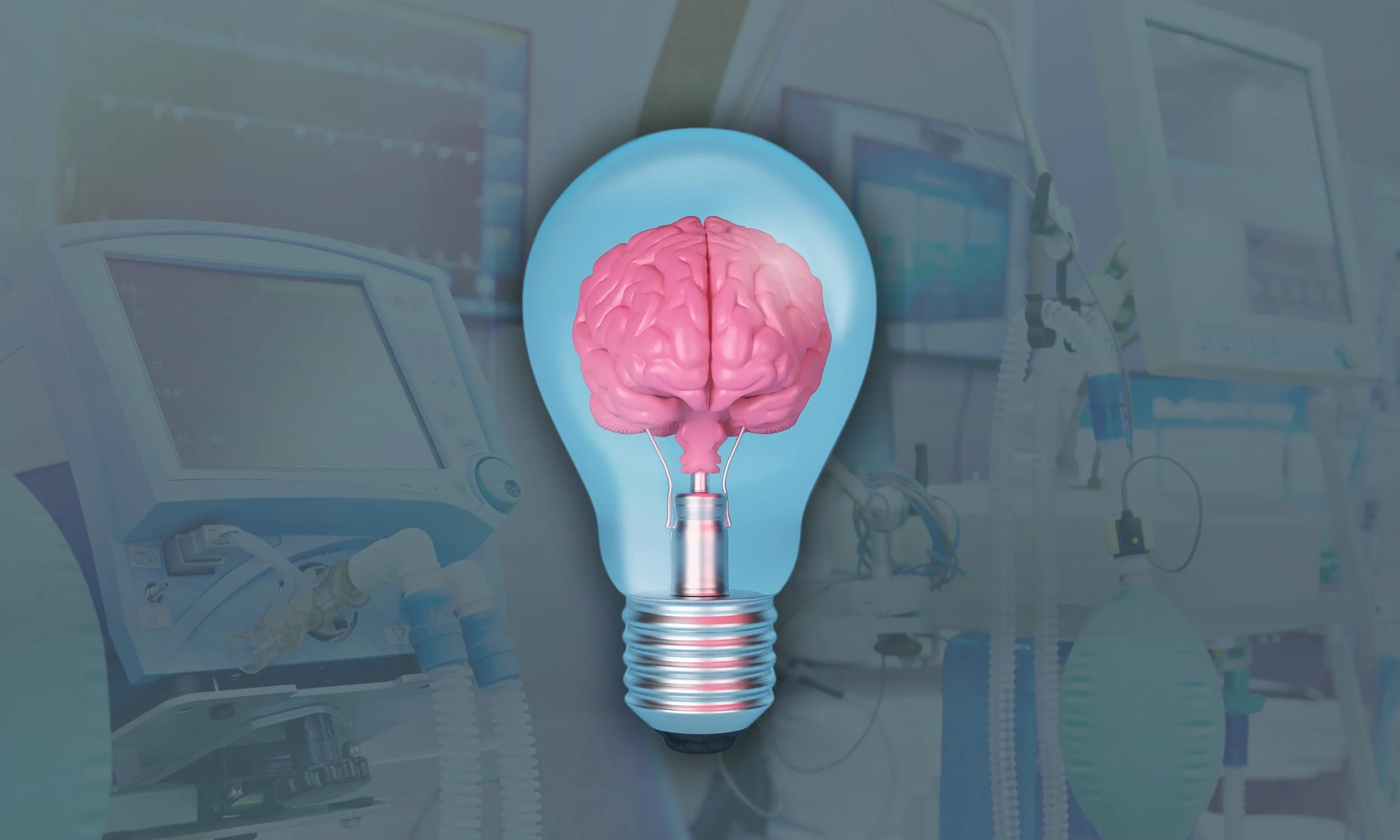My computer was acting weird. It was slow and buggy. I had multiple applications running in the background, with a handful of windows opened. Do I really need to watch a funny video, read the news, and check the weather all at the same time? Yes!
Then it became even slower. The fan of my computer began to whirl noisily. It had been a while since I actually had turned it off, instead opting for just closing the laptop screen nightly. So I decided to power it down. I gave it a few minutes and then powered it back on again.
Hearing the chime of the operating system turn on told me everything had been reset. The computer was able to close down old processes and applications not actively being used. Whatever bug was running in the background was effectively squashed.
Sometimes our mind can be like this overworked computer. It can get overloaded replaying painful past events and worrying about the future. Like having too many applications running, having all these different thoughts going can cause us to feel and function a bit slow or buggy.
Ketamine SEEMS TO “Reset” Pain Receptors
One of the reasons I named our clinic Reset Ketamine is because of ketamine’s role in “resetting” the pain receptors that have become hypersensitized in neuropathic pain like CRPS. In addition, I’ve noticed that some of our patients feel like they have a new mindset, a fresh perspective, and even a reset of their “fight or flight” loop. In turn, this supports our patients in making healthier choices after their ketamine therapy.
SCIENTISTS ADMINISTER IV KETAMINE TO SHEEP
A recent study may actually reflect this concept of a ketamine reset. Dr. Morton & her colleagues gave IV ketamine to laboratory sheep while their brains were connected to electroencephalogram (EEG) machines, which measures the electrical activity of the brain.
The brain has its own unique electrical activity that can be measured with electrodes
The researchers found something that they had never seen before. For a short period of time, the electrical activity of the sheeps’ brains stopped completely. This might sound scary, but the sheeps’ bodies and vital signs were still functioning appropriately during this period.
It almost seemed like the brain had been reset. After a few minutes, the EEG began picking up electrical activity from the brain again and the sheep fully recovered after a short period of time.
As I was reading this study, I wondered if something similar could be happening in the brains of humans. Although, the current EEG studies of humans receiving IV ketamine has not reflected this same exact process in humans, it is fascinating to think about.
Dr. Morton writes, “It’s intriguing to think that ketamine may just stop and then ‘reset' aberrant circuits. It would be really interesting to know what the low doses of ketamine used for treating depression are actually doing at a microcircuitry level.”
Of note, the sheep in this study were given massive doses of ketamine, an amount of ketamine that would never be used in a human during an infusion treatment. Accordingly, this study would be like comparing apples to oranges or in this case, sheep to humans.
“A mind, once expanded by a new idea, never returns to its original dimensions.”
So Does Ketamine Reset the Human Brain?
The question of whether ketamine is a reset for the brain in humans still remains. Perhaps humans can experience a reset without actually completely shutting down, or maybe there is a reset happening on the microcircuitry level. Or we may simply need a profound and transcendental experience to give clarity or a new perspective to our lives unlike before. However this part of the ketamine experience works, what we do know is that a remarkable number of patients feel better and have more functionality in their lives after therapeutic ketamine treatments.
“If you change the way you look at things, the things you look at change.”













![44 Books to Enhance Your Healing and Growth [2024 Update]](https://images.squarespace-cdn.com/content/v1/5a8dfbc1cf81e0fb77ead442/1533662865639-P70482VR8ZQIDERLRJI6/blur-books-close-up-159866.jpg)
Learn how ketamine therapy affects PTSD, when it may worsen symptoms, and how alternatives like the stellate ganglion block can offer relief.